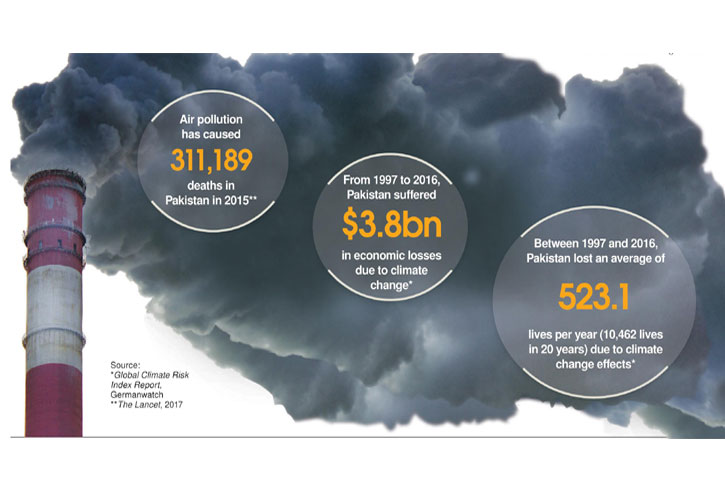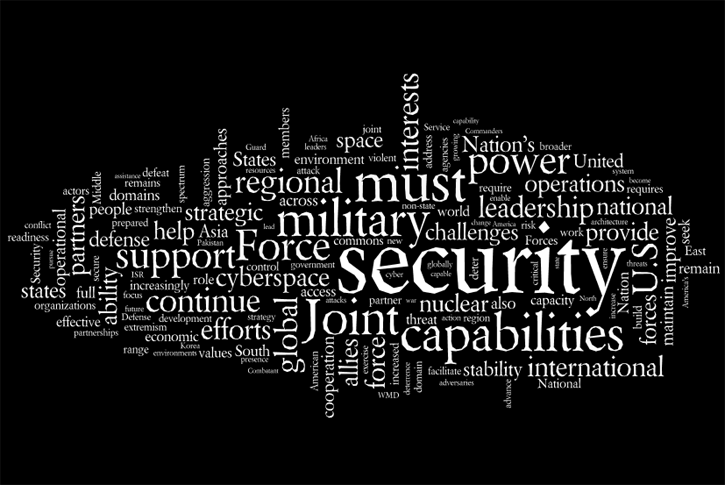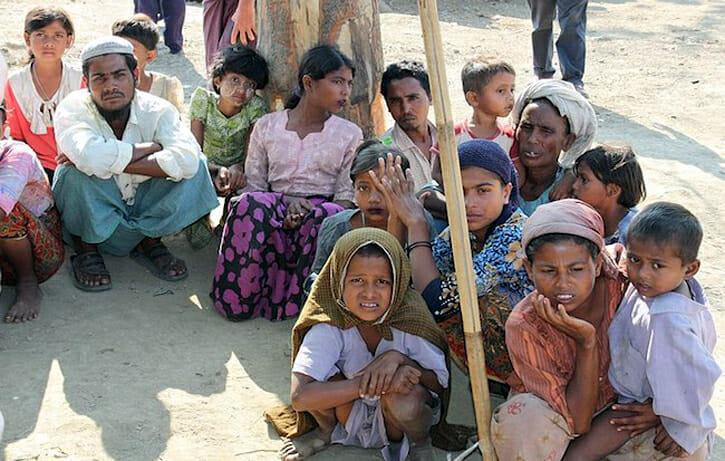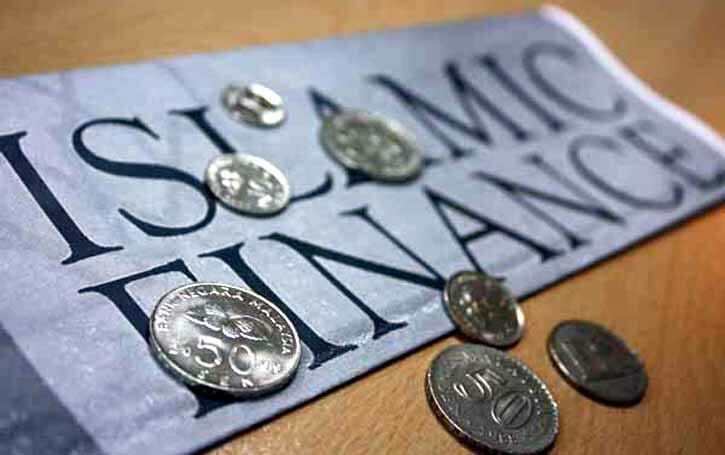WHY CLIMATE CHANGE THREATS ARE REAL AND COMPLEX:
How we battle climate change will determine our future
By: Rina Saeed Khan
ALTHOUGH Pakistan does not contribute significantly to global carbon emissions ranl(ing 135th in per capita emissions it is amongst the top 10 countries most vulnerable to the impacts of climate change. According to a recent country profile by the Asian Development Bank (ADB), `Climatic changes are expected to have wide-ranging impacts on Pakistan, affecting agricultural productivity, water availability, and increased frequency of extreme climatic events.` Addressing these risks will require climate change to be mainstreamed into national strategy and policy, the report notes.
Check Also: Countries and Currencies, Religions & Languages
Noticeable changes in Pakistan`s weather patterns include an increase in the annual mean temperature by roughly 0.5°C in the last 50 years, according to ADB research, increasing the likelihood of extreme weather events. Annual heatwave days have increased nearly fivefold in the last 30 years in 2015, Karachi`s severe heatwave killed over 1,200 people.
Meanwhile, the sea-level along Karachi`s coast has risen approximately 10 centimetres in the last century. Sea-levels are projected to rise by one metre by 2100, severely affecting low-lying coastal cities.
Annual precipitation has also increased in the last 50 years. Increasing temperatures will result in a decline in snowpack and permafrost (frozen soil and rock), which might lead to less water in rivers in the future. More than 50 per cent of the flows from the Indus river system come from melting snow and glaciers. There is also the probability of greater flooding. In 2010, floods that were triggered by unprecedented rainfall killed 1,600 people and caused around $10 billion in damages.
Check also: CSS Pakistan Affairs MCQs
Given that the country is just about self-sufficient in food production, these climatic changes can prove disastrous to its rate of increase, which may be unable to keep pace with surging populations. Qamar-uz-Zaman Chaudhry, former director general of the Pakistan Meteorological Department, explains, `Both are difficult prospects given the negative impacts of climate change affecting water availability and crop yields.
The government must be cognisant of an impending food shortage as yields of wheat and rice are expected to decline which could drive production northward subject to water availability.
Chief executive of the World Wildlife Fund-Pakistan Hammad Nagi predicts the country`s water crisis will be exacerbated because of how water resources are being used.
`Pakistan has gone from being water surplus to water stressed, and soon there will be water scarcity. We have to change the way we grow certain commodities of crops. For example, we cannot afford to grow sugar cane in large areas when we don`t have enough water. Our leadership needs to make tough decisions, and soon.
Distracted leadership, weak governance Experts say that research into key areas impacted by climate change, including the future of glaciers and water security, are lacking. For its part, the government has revamped theGlobal Change Impact Studies Centre previously staffed by retired nuclear scientists. The appointment of Harvardtrained economist, Tariq Banuri, as executive director is reason enough, many believe, that mitigation policies may gradually see implementation.
Unfortunately, the country`s policymal(ers are too distracted by militancy and political instability to focus on pressing environmental challenges. Although Pakistan is one of the world`s few countries to have a dedicated federal climate change ministry, it was only activated in 2015 by the current government. In fact, when the PML-N came to power in 2013, it downgraded the ministry to a division, removing its ability to make high-level decisions. In January 2015, Senator Mushahidullah Khan, a long-time party loyalist with little climate change experience, was appointed minister of the newly reinstated ministry. Khan was replaced in August 2015 by Zahid Hamid, who took additional charge of the ministry and headed to the Paris conference in December 2015.
In Paris, alongside over 190 countries, Pakistan had pledged to limit the global average temperature increase to below 2°C which scientists say is the limit for safety meaning that global carbon emissions need to peak by 2020 at the latest, and get to net-zero by 2050. The Agreement included mechanisms for pledges to be reviewed, but without setting rules these will be decided at Bonn this week before being finalised in Warsaw in 2018.
Pakistan`s plan of action after the 2015 Paris Agreement Mr Hamid`s two years at the ministry were productive he helped ratify the Paris Agreement and submit Pakistan`s voluntary plans to cut emissions, called the Nationally Determined Contributions (NDC) document, to the UN.
Pakistan`s plan, however, foresees a fourfold increase in the country`s greenhouse gas emissions by 2030. It says the country will reduce up to 20pc of its 2030 projected greenhouse gas emissions, subject to the availability of international grants to meet the cumulative abatement costs amounting to approximately $40bn. Annual adaptation needs have been identified as between $7bn and $14bn -an amount expected from international climate finance that might not be forthcoming given that the US, a big contributor, is pulling out of the Paris Agreement. The recently operational Green Climate Fund has given Pakistan $37m for a project to scale up Glacial Lake Outburst Flood risk reduction in northern Pakistan. The GCF was supposed to receive $100bn annually until 2020 from developed countries, but it has only raised $10.3bn so far.
Critics say that Pakistan`s NDC is hardly ambitious compared to other developing countries in the region, needing to be reworked to reflect emission cuts from installed and upcoming renewable energy projects like the Quaid-iAzam solar park (which will go up to 1,000MW) and wind farms in Sindh.
Other projects under Mr Hamid`s tenure include introducing the Green Pakistan Programme with the objective to plant 100 million trees, ensuring the National Forest Policy was approved by the Council of Common Interests and passing the Climate ChangeAct (CCA), 2016. But criticism remains that little has been achieved on the ground. `The fact remains that we have policies for everything, but where is the enforcement?` Mr Nagi asks. The new legislation is, in fact, very similar to the Pakistan Environmental Protection Act (PEPA), 1997. Environmental protection agencies set up under PEPA were widely regarded as ineffective and unable to enforce the law. In an interview, the reinstated minister Senator Khan told Dawn that he is prepared to set up a new authority (envisioned by the CCA), including hiring half a dozen professionals and organising a meeting of a high-level climate change council chaired by the prime minister. Interestingly, the council set up under PEPA was also headed by the prime minister, and it barely met.
Why the government should prioritise climate change According to Mr Chaudhry also the author of Pakistan`s National Climate Change Policy (NCCP), 2012 steps proposed under CCA should have already been implemented. `In the UNDP`s Climate Public Expenditure and Institutional Review, we learned that Pakistan spends 8pc of its total budget on climate relevant activities, which is a good figure. However, there are certain areas, basically mitigation activities and climate adaptation, which should be taken more seriously.
As a guiding document, the NCCP highlighted the objective of achieving climate-resilient development by mainstreaming it into various sectors. It was passed by the then PPP government; later, an implementation framework for the policy was also prepared. After the 18th amendment, however, the onus was placed largely on the provinces to prepare their respective detailed action plans, although even at the time, there were concerns about a lack of capacity and competency at provincial levels.
Tackling climate change is beyond the ability of the provinces, admits Senator Khan. On this, he concurs with the findings of the ADB report that there has been an `erosion of climate change policy ownership by the provinces, due to potentially conflicting or overlapping objectives … between provinces and federal agencies.` Worl(ing towards a solution, he says that his ministry has now helped coordinate and prepare drafts of policies and action plans in Azad Kashmir, Khyber Pakhtunkhwa, Gilgit-Baltistan and Punjab. Given the communication gap between federal and provincial departments, he says he will `ensure that a member of parliament and a senator from each province are nominated to coordinate and oversee implementation in their respective province` Reacting to the lack of implementation on the NCCP, a farmer from Lahore recently petitioned the Lahore High Court. Justice Mansoor All Shah set up a 21-member climate change commission to investigate the implementation of the NCCP`s short-term and medium-term measures by relevant government departments. Mr Nagi, who serves on the commission, says, `The problem is that government departments relate everything to adaptation. The agricultural department says we are helping farmers level the land and that is adaptation or the forest department says we are planting trees so that is adaptation. That is all true, but we have to do so much more.
The writer is an environmental journalist.
courtesy: Daily Dawn



